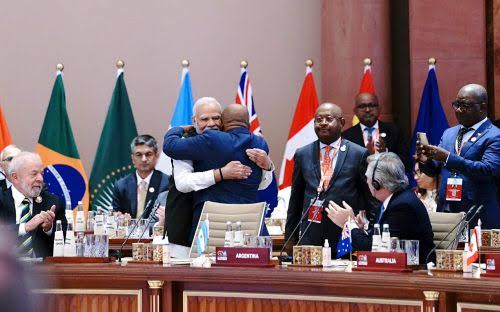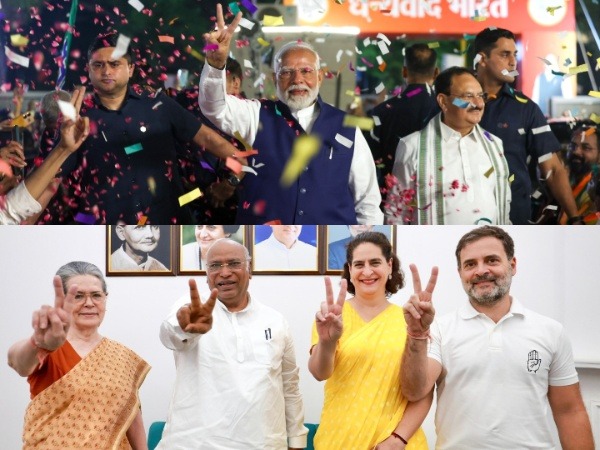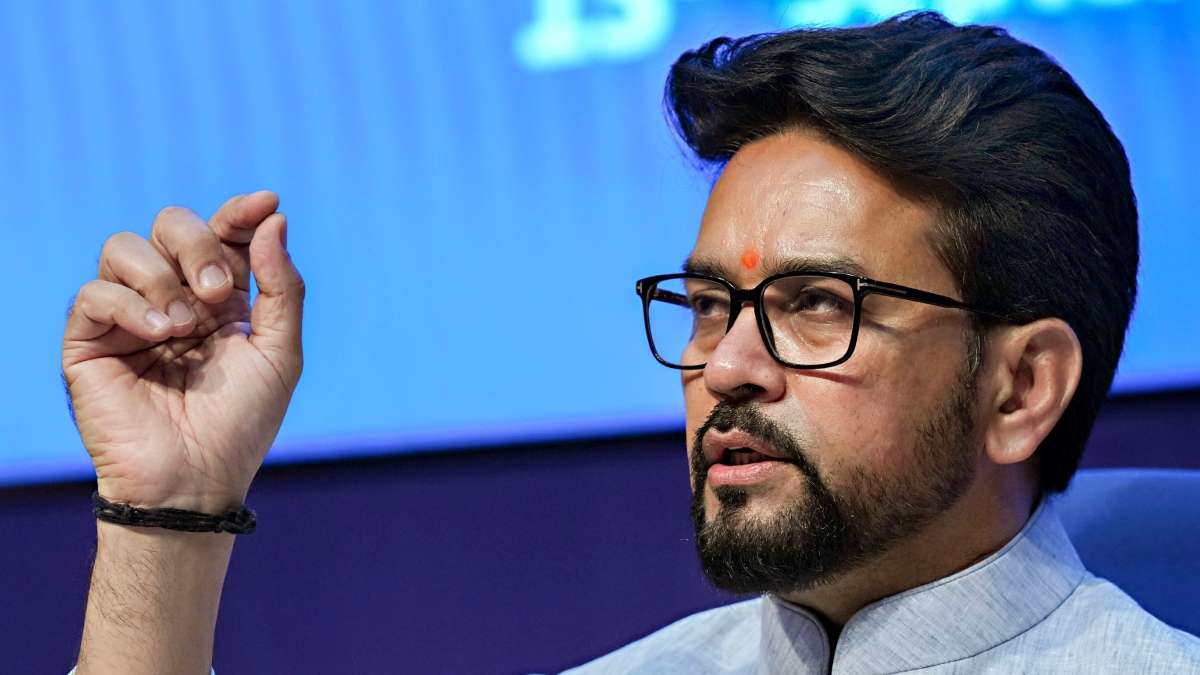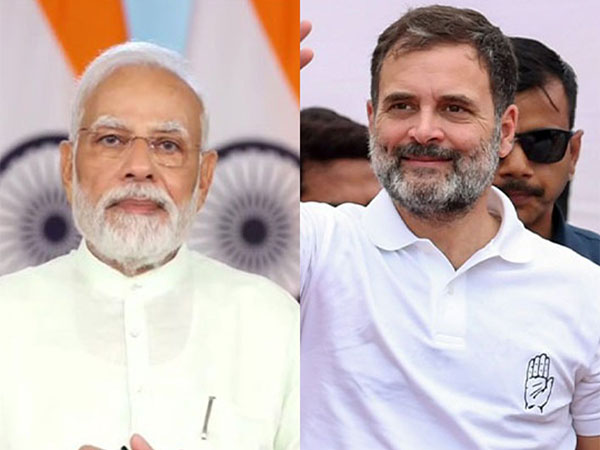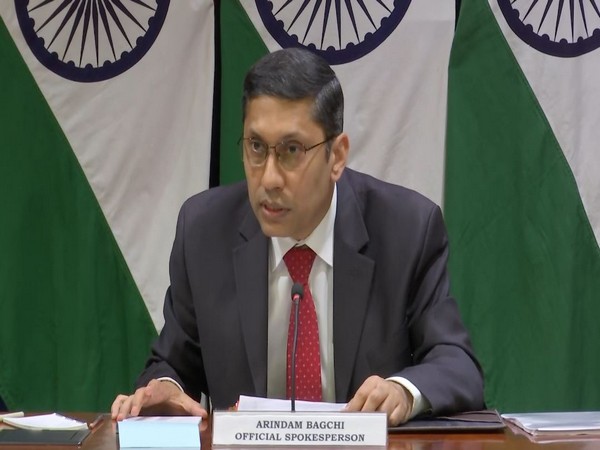The proposed convention seeks to shift the focus of global tax policy decisions from the Organisation for Economic Cooperation and Development (OECD) to a more inclusive and equitable platform. The OECD, consisting of 39 high-income countries, has long held sway over international tax rules, raising concerns about the fairness of these regulations, particularly in favor of developed and wealthy nations.
The core motivation behind India's alignment with the Africa Group and other nations lies in a protracted campaign for the United Nations to play a more substantial role in shaping international tax norms. Anti-poverty advocates argue that current OECD-dominated tax rules allow multinational corporations to exploit loopholes, depriving economically disadvantaged countries of crucial revenues.
Critics contend that major corporations have utilized OECD regulations to evade their tax responsibilities by leveraging low-tax jurisdictions, exacerbating financial challenges in less affluent nations. Frustrated with the perceived inadequacies of the OECD process, the Africa Group tabled the resolution at the UNGA last year, signaling a push for a more inclusive and fair approach to global taxation.
The resolution passed with a decisive 125:48 majority and witnessed support from influential nations like India and China, as well as other BRICS members. However, the journey towards implementing this transformative measure is far from over. The resolution's success hinges on securing a broader consensus and approval from key United Nations Security Council (UNSC) members, including major stakeholders like the United States and the United Kingdom.
If successfully implemented, this move could mark a historic shift in global tax governance, with the potential to address issues of poverty and contribute to climate crisis mitigation efforts in economically vulnerable nations. As the international community navigates these negotiations, the outcome could redefine the parameters of economic cooperation and bring about a more equitable distribution of tax responsibilities on the global stage.









